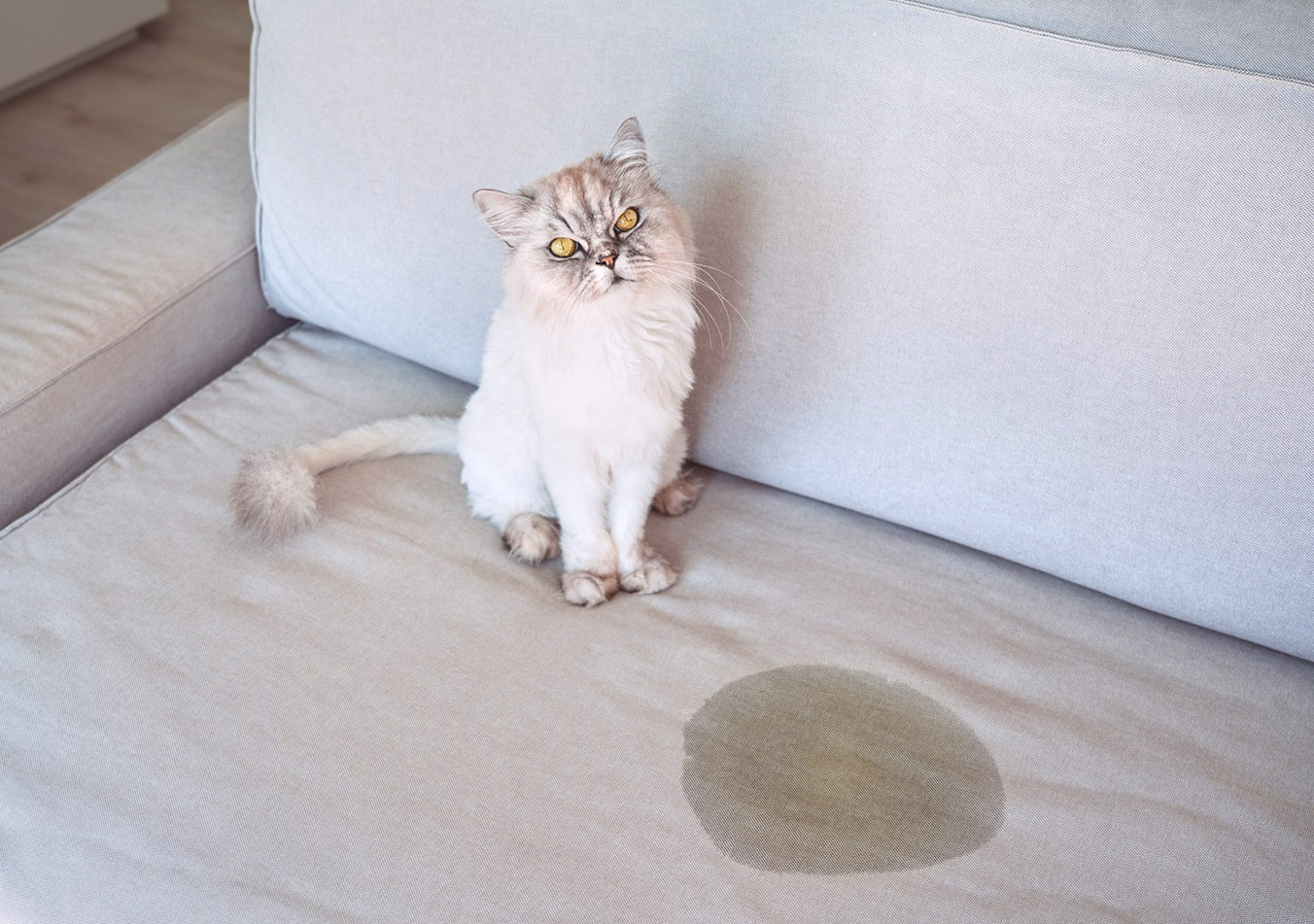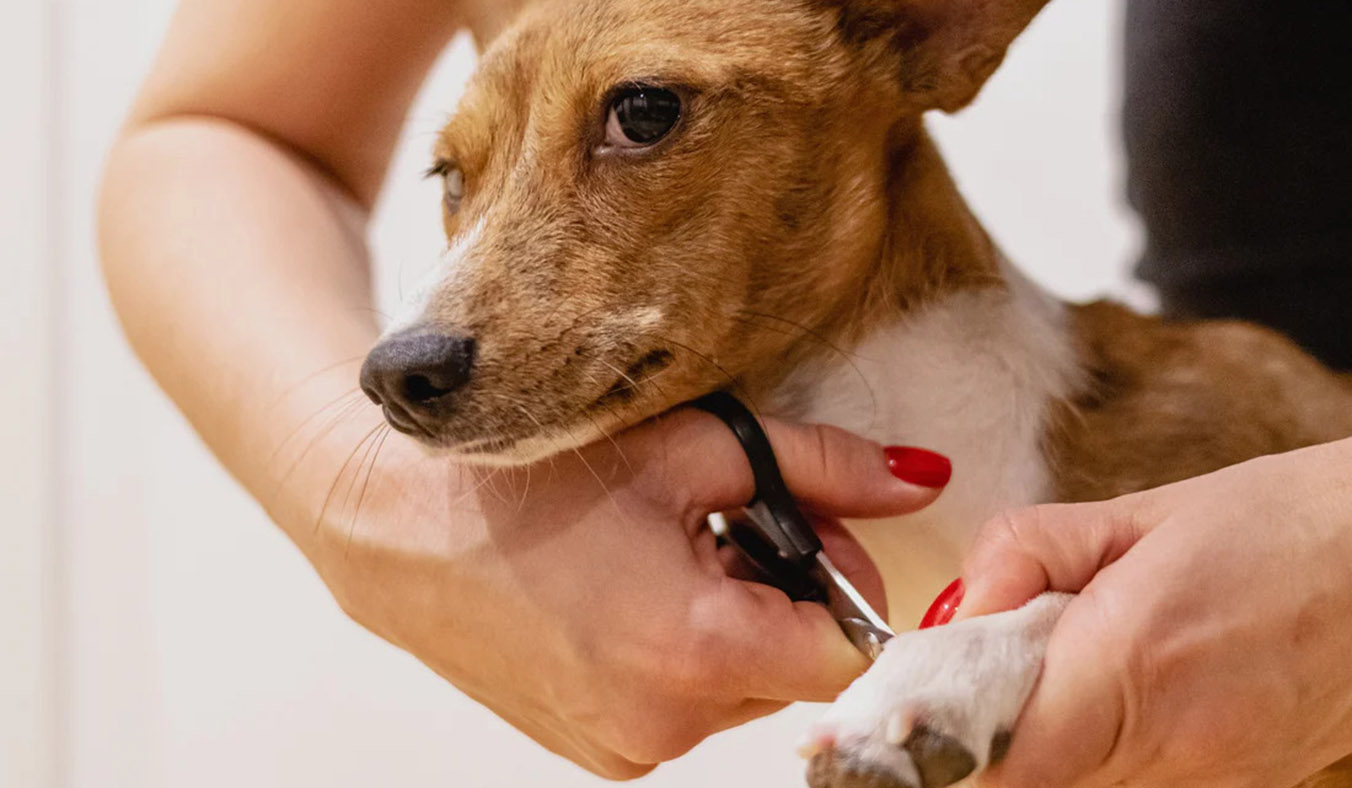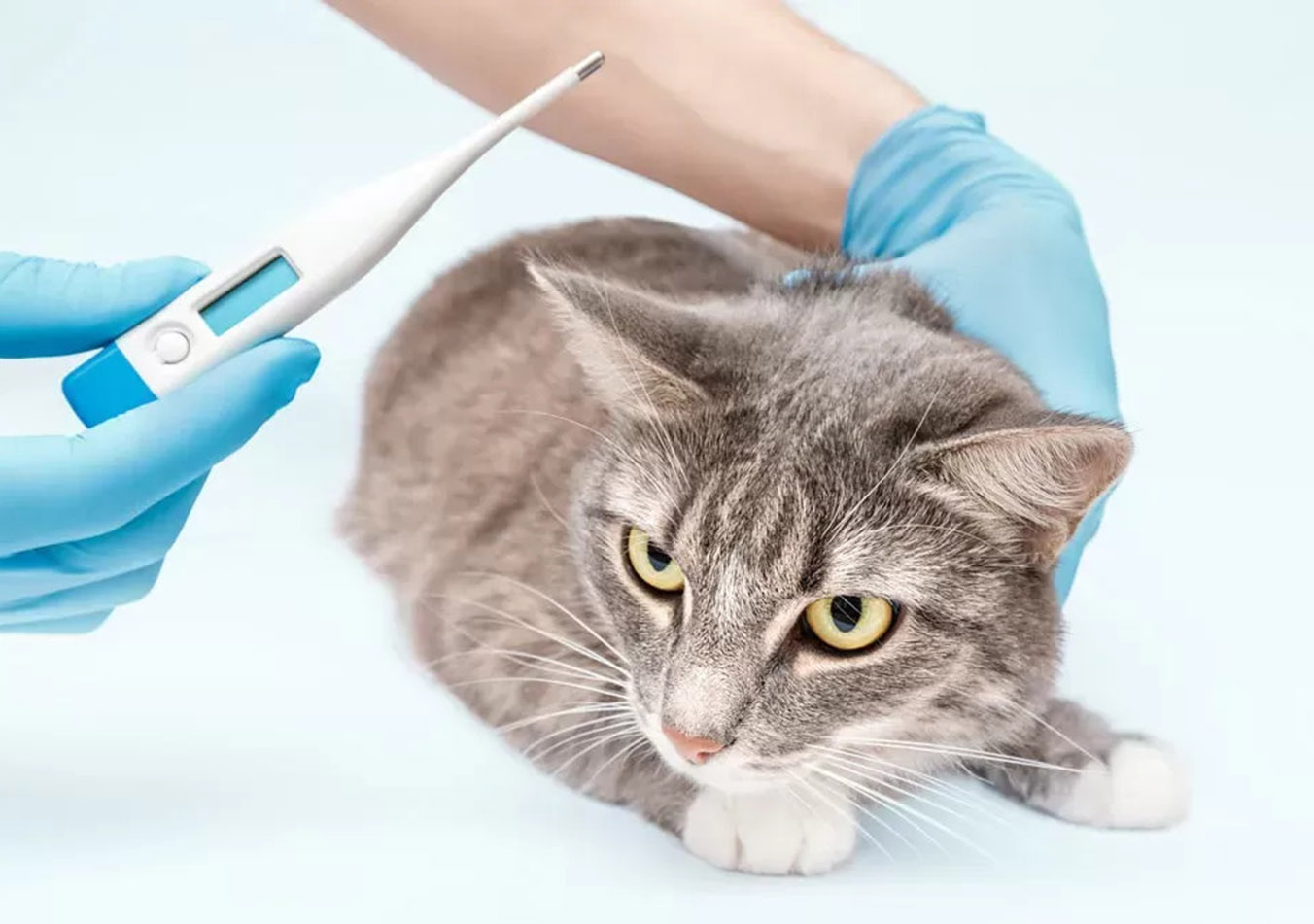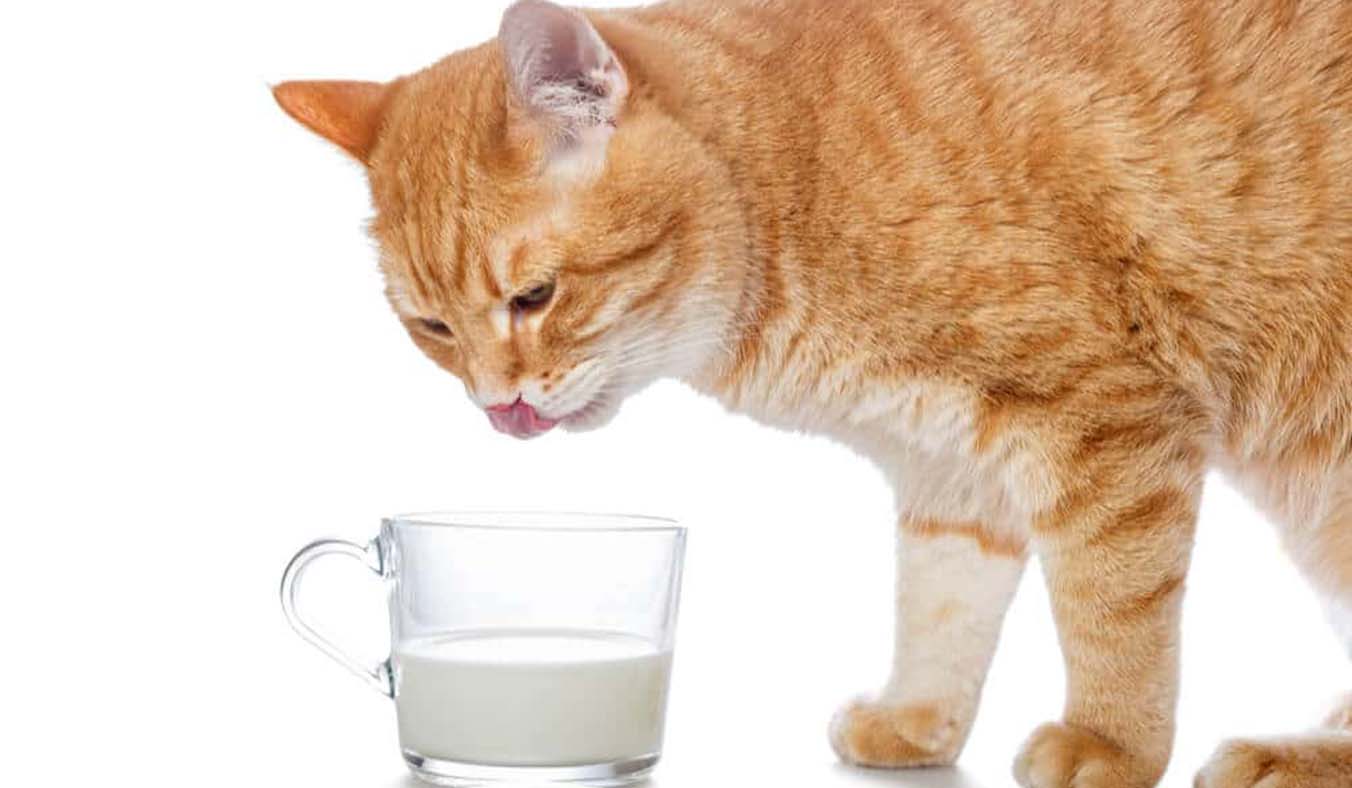When your feline companion starts peeing on the furniture instead of using the litter box, it can be a source of anxiety and frustration. In such situations, it’s important to understand the potential causes of this behavior and find effective solutions to resolve the issue.We will explore the possible reasons for your cat’s behavior and the steps you can take when your cat is peeing outside the litter box.
1. Why Is My Cat Peeing on the Bed?
There are various reasons why a cat may start peeing on the bed. It can be due to health problems, behavioral issues, or even changes in their environment. Here are some common causes:
Health Problems:
Peeing on the bed could be a sign of urinary tract infections (UTIs), kidney stones, cystitis, or other urinary diseases. Health problems may cause pain while urinating, which can lead a cat to avoid the litter box. It’s essential to have a vet rule out any health conditions if this behavior persists.
Stress and Anxiety:
Changes in the environment, such as moving to a new home, the introduction of a new pet, or even changes in the routine, can stress your cat. Cats may pee on the bed to mark their territory or because they are reacting to stressful situations. Anxiety can manifest in many ways, and eliminating the source of stress is important.
Inappropriate Litter:
If you recently changed your cat’s litter or it suddenly stops using the litter box, the reason might be something as simple as dislike for the new litter type. Observe if your cat accepts the new litter. Stick to what your cat prefers if you notice that it’s using the litter box without problems.
Litter Box Issues:
If the litter box is dirty, too small, improperly placed, or poorly maintained, your cat may refuse to use it. Remember that you should have one more litter box than the number of cats in the house. Make sure the litter box is easily accessible and placed in a quiet, private area.
Territorial Marking:
Peeing on the bed could also be a form of territorial marking, especially if there are other cats or pets in the household or nearby. Cats instinctively mark their territory, and the bed could be seen as an area that needs protection.
Behavioral Problems:
For kittens, the issue might simply be that they haven’t been properly trained to use the litter box. It’s important to gently redirect them when they attempt to urinate outside the box and bring them to the litter box. If the problem persists in an adult cat, a behavioral issue might be the cause.
To determine the exact cause of your cat’s behavior, it’s often necessary to consult a veterinarian who can conduct a physical exam and diagnostic tests, such as urine analysis, to rule out health issues.
2. Why Is My Neutered Cat Peeing on the Bed?
Just like non-neutered cats, neutered cats can still exhibit this behavior for many of the same reasons outlined above. However, neutering might reduce the intensity of territorial marking behaviors. Neutered cats are generally less likely to mark their territory, but it doesn’t guarantee that the behavior will stop. If a neutered cat continues to pee outside the litter box, it’s crucial to consult a veterinarian to rule out health problems or other behavioral issues.

3. How to Stop Your Cat From Peeing on the Bed?
Changing a cat’s behavior can take time and patience, but there are several steps you can take to improve the situation:
Provide a Clean Litter Box:
Ensure that your cat’s litter box is always clean, regularly cleaned, and placed appropriately. Cats can avoid using a dirty, too small, or poorly placed litter box. It’s also crucial to place the litter box in a quiet area where your cat feels safe.
Choose the Right Litter:
Experiment with different types of litter to find the one your cat prefers. A good way to do this is by setting up several litter boxes, each with a different kind of litter, and observing which one your cat chooses.
Add More Litter Boxes:
If you have multiple cats or multiple floors in your home, it’s a good idea to have more than one litter box. Each cat should have access to at least one litter box to avoid competition or stress related to shared resources. Ideally, have one more litter box than the number of cats.
Reduce Stress:
Ensure that your cat has a comfortable environment and avoid stressful situations. Provide enough toys, places to explore, and regular playtime and interaction with you. Stress can cause inappropriate urination, especially if your cat is feeling neglected or anxious.
Eliminate Urine Odors:
If your cat has already peed on the bed, it’s essential to eliminate the urine odors. Cats tend to return to the same spot if the scent is still there. Use cleaning products designed specifically to eliminate urine odors.
Encourage Positive Behavior:
Encourage your cat to use the litter box by rewarding them with treats or praise for using the box correctly. You can also place treats or a dish of food on the bed to help your cat disassociate the bed with urination. In some cases, it may be helpful to consult a behaviorist for professional guidance.
Consult a Veterinarian:
If the problem persists, it’s important to visit a veterinarian to rule out any potential health issues and to get professional advice on how to proceed.
4. Recommended Products for Solving the Problem
Here are some helpful products that could assist in solving the issue of your cat peeing outside the litter box:
1. Litter Boxes:
- PetSafe ScoopFree Self-Cleaning Litter Box: This automatic litter box can help keep the litter fresh and clean, reducing the chance of your cat avoiding it due to a dirty box.
- IRIS Top Entry Cat Litter Box: A large, easy-to-clean box with a top-entry design to prevent spills and give your cat privacy.
2. Cat Litter:
- Dr. Elsey’s Precious Cat Ultra Cat Litter: This clumping cat litter is highly absorbent and helps control odors, making it a great choice for picky cats.
- World’s Best Cat Litter: Made from natural materials, this litter clumps quickly and controls odors effectively.
3. Enzyme-Based Cleaners:
- Nature’s Miracle Advanced Stain and Odor Eliminator: This enzymatic cleaner is designed to break down and eliminate urine odors from carpets, bedding, and furniture.
- Rocco & Roxie Professional Strength Stain & Odor Eliminator: Another highly effective enzymatic cleaner for eliminating pet odors from various surfaces.
4. Stress Relief Products:
- Feliway Classic Diffuser: A synthetic feline pheromone that helps reduce stress and anxiety in cats, making them feel more comfortable in their environment.
- PetSafe Comfort Zone with Feliway: This diffuser helps calm anxious cats and can reduce undesirable behaviors like inappropriate urination.

5. Where to Buy These Products?
These products can be easily found on several platforms in the UK and the USA:
- Amazon UK/US: A wide selection of cat products, including litter boxes, cleaners, and stress relief solutions.
- Amazon UK
- Amazon US
- Pets at Home (UK): A reliable platform in the UK for all pet care products, including litter boxes, litter, and cleaning supplies.
- Pets at Home
- Chewy (US): A popular pet supply store that offers a wide range of products, including litter, odor eliminators, and stress-reducing solutions for cats.
- Chewy
If your cat is peeing on the bed, it’s important to understand the underlying cause of the behavior. Whether it’s due to health problems, stress, or an issue with the litter box, identifying the source and taking corrective action is key. Regularly cleaning the litter box, using the right litter, and eliminating stress factors are crucial steps in resolving the issue. If the problem persists, consulting with a veterinarian is always a good idea to rule out health concerns and get professional advice.



